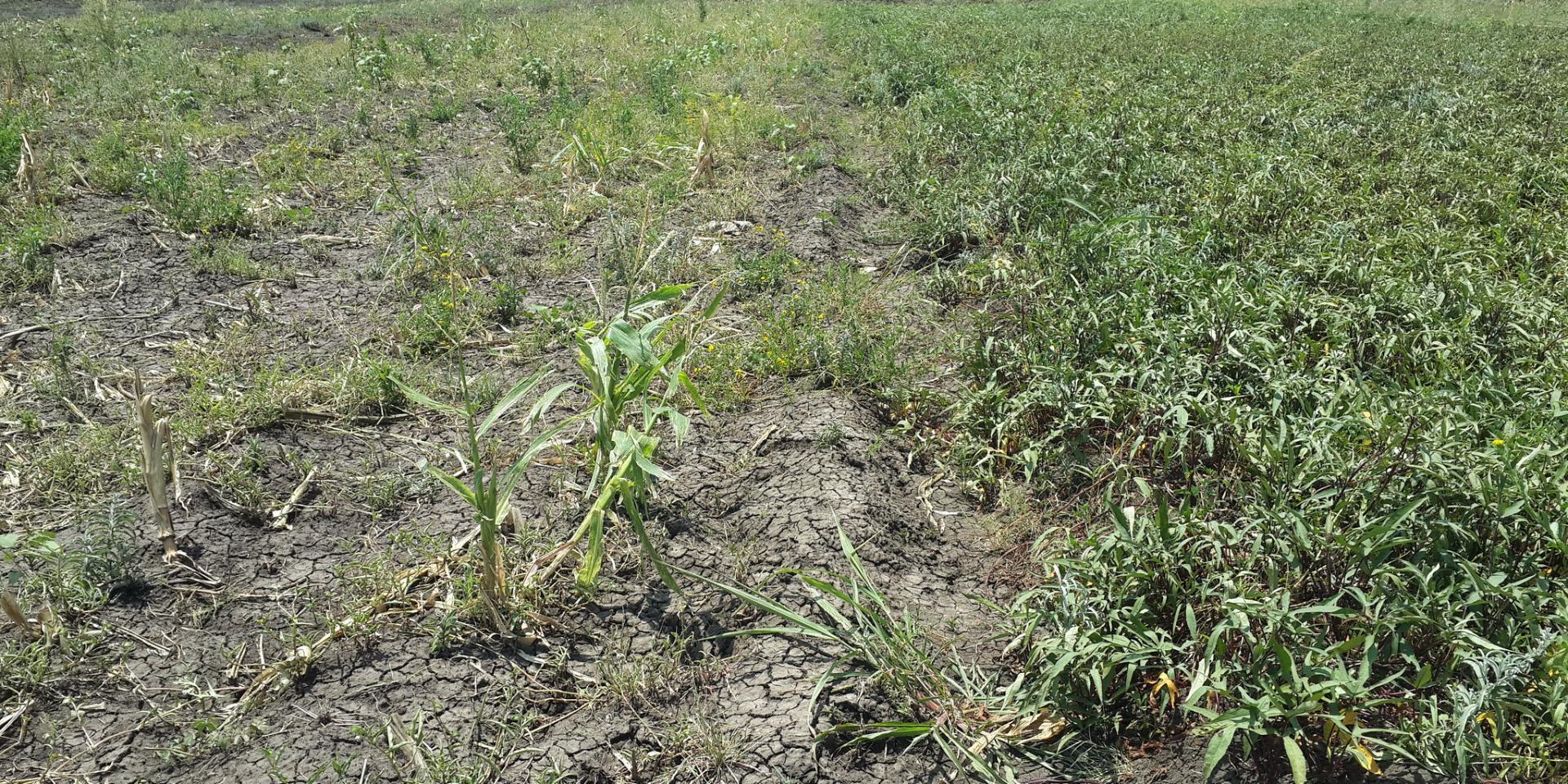The Complicated Relationship Between Climate, Conflict, and Gender in Mozambique
 Photo: CIP
Photo: CIP
Individuals face immense challenges in displacement contexts, particularly where climate, conflict, and displacement intersect. In Mozambique, climate impacts have combined with conflict to displace nearly a million people. Entire livelihoods, identities, and stability are vanishing. Women, men, girls, and boys are not just losing homes; they are losing their place in traditional societal roles, too. This chaos—and responses by the international community—are reshaping Mozambique’s gender dynamics.
A recent workshop organized by the CGIAR FOCUS Climate Security team in Maputo, together with the African Center for the Constructive Resolution of Disputes (ACCORD), and co-convened by the Ministry of Land and Environment, the Swiss and Belgian Embassies and UNHCR, and fieldwork in Nampula, highlighted the adverse effects on social cohesion and community relations in Mozambique created by the intersection of climate change, conflict, fragility and displacement. The discussion pointed to the need to integrate gender considerations into climate, peace, and security discourses. It also critiqued the misconception of gender viewed solely through the prism of women’s experiences.